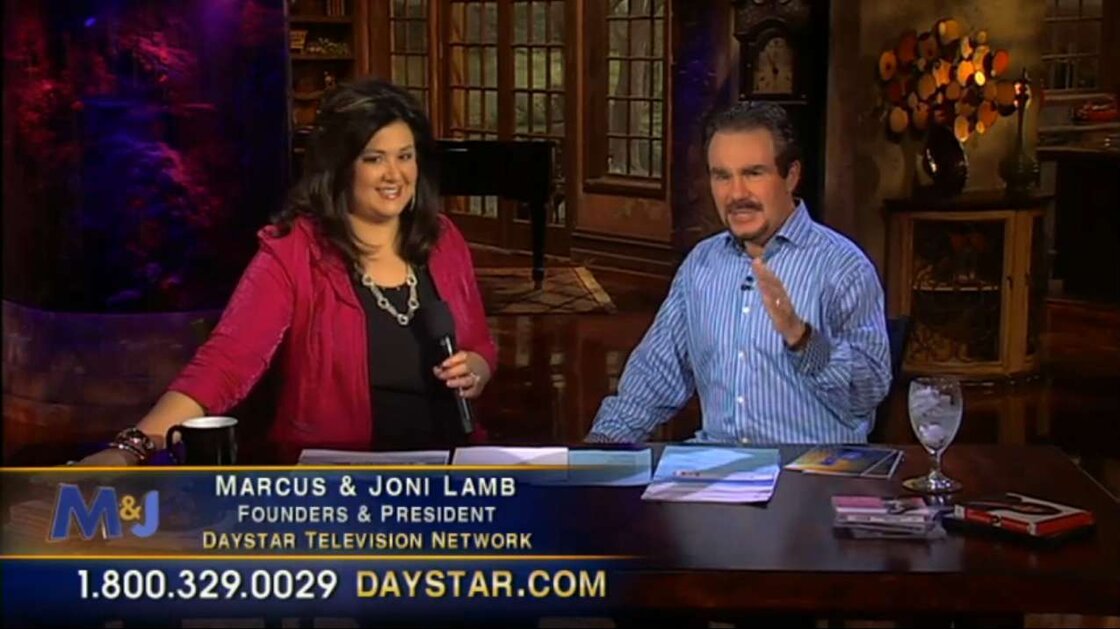npr | Flip on television at any hour of the day and you'll likely see the
elements of modern televangelism: a stylish set, an emotional spiritual
message and a phone number on the screen soliciting donations.
Based
in a studio complex between Dallas and Fort Worth, Texas, and
broadcasting to a potential audience of 2 billion people around the
globe, Daystar calls itself the fastest growing Christian television
network in the world.
The Internal Revenue Service considers Daystar something else: a church.
Televangelists
have a choice when they deal with the IRS. Some, like Pat Robertson and
Billy Graham, register as religious organizations. They're exempt from
most taxes but still must file disclosure reports showing how they make
and spend their money.
Daystar and dozens of others call
themselves churches, which enjoy the greatest protection and privacy of
all nonprofit organizations in America.
Churches avoid not only
taxes, but any requirement to disclose their finances. And, as NPR has
learned, for the last five years churches have avoided virtually any
scrutiny whatsoever from the federal government's tax authority.
Today,
television evangelists are larger, more numerous, more complex, richer,
with bigger audiences than ever before and yet they are the least
transparent of all nonprofits.
The top three religious
broadcasters — Christian Broadcast Network, Trinity Broadcasting Network
and Daystar Television — are worth more than a quarter of a billion
dollars combined, according to available records.



0 comments:
Post a Comment